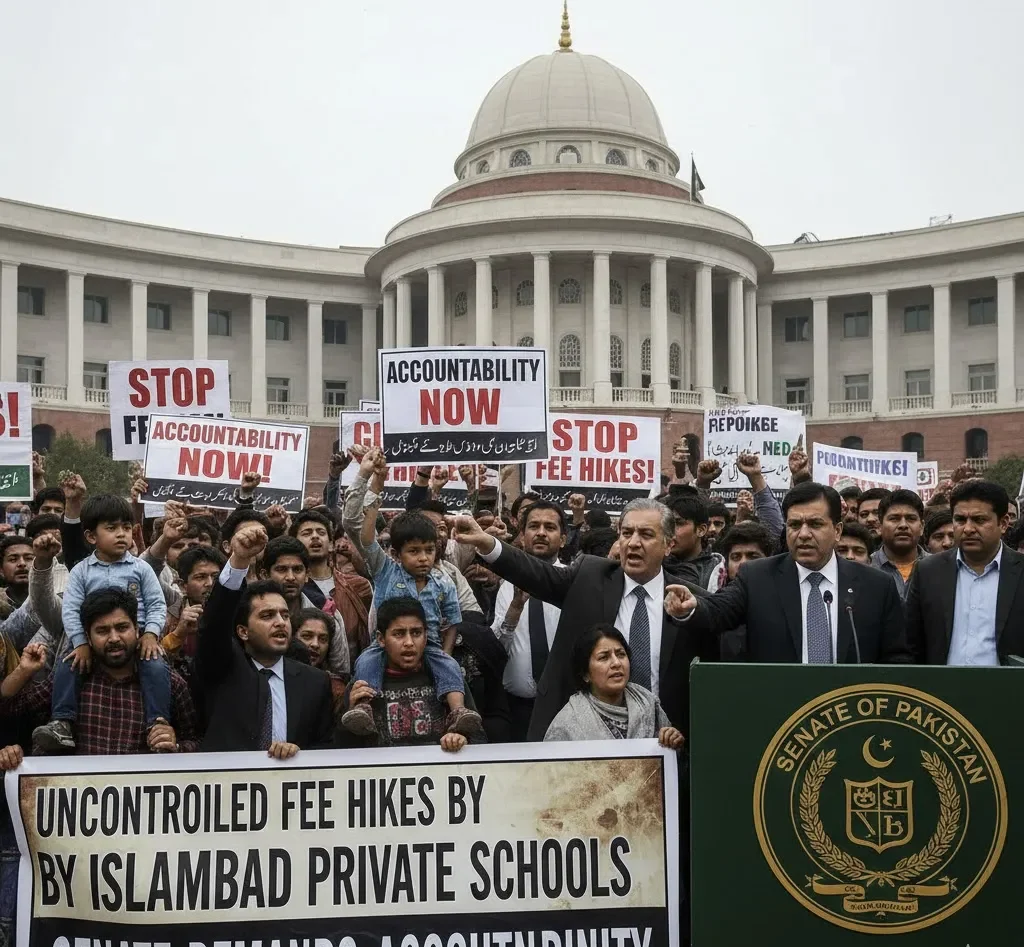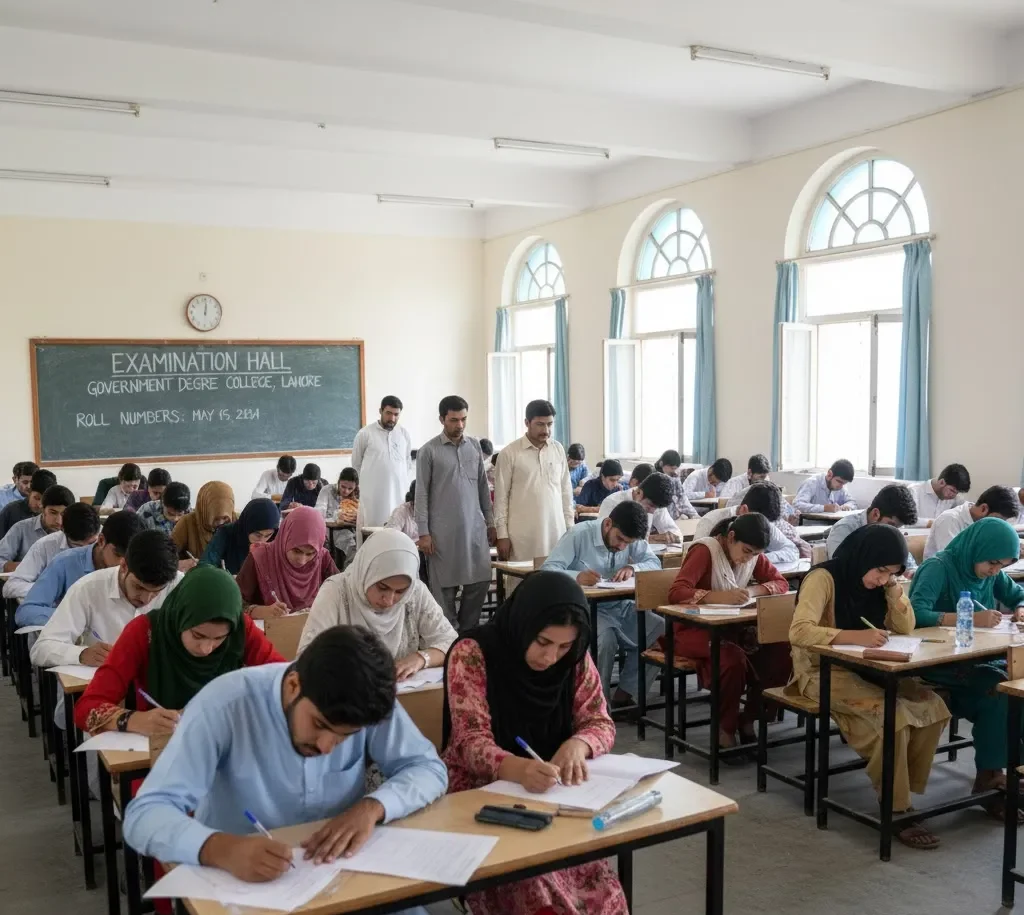The uncontrolled fee hikes by private schools in Islamabad have sparked serious concern among parents and lawmakers alike. During a recent meeting, the Senate Standing Committee on Federal Education warned that these rising costs are violating PEIRA’s guidelines and placing an unfair financial burden on families. As education becomes increasingly expensive, stricter regulation is now being demanded to protect parents and ensure transparency in school fee policies.
The Regulatory Framework and Its Challenges
Under the PEIRA Fee Determination Policy, private schools in Islamabad are allowed to raise tuition fees by up to 5 percent annually, with a maximum of 8 percent reserved for high-performing institutions. The policy also explicitly prohibits institutions from forcing parents to purchase books or uniforms from specific vendors.
However, enforcement has lagged. Several elite schools have reportedly imposed fee increases as high as 12 percent, violating the regulation. Complaints from parents — including demands for advance payments, penal charges for late payment, and non-transparent fee structures — further underscore systemic weaknesses.
A major hurdle is the weak oversight and complaint resolution mechanism. While PEIRA claims to act upon complaints, many cases remain unresolved or are settled in favor of schools despite clear contraventions. The News Senate committee has also been alerted to internal conflicts within PEIRA, including allegations of dual salaries and misuse of authority, which undermine its legitimacy.
Impacts, Demands, and Path Forward
Impact on Parents and Students
The implications of uncontrolled increases in fees are stark. Many families falling at the middle and lower middle incomes are increasingly challenged by rising school fees that pose a barrier to quality education. Working parents simply are unable to plan or budget when the school fee costs suddenly increase. Alternately, students may feel pressured to leave the school altogether, or may be forced to leave the school for another school.
Senate Committee Actions
In its recent meeting, chaired by Senator Bushra Anjum Butt, the Senate panel expressed urgent concern and demanded corrective action. It ordered schools charging fees of Rs 50,000 or more to revise their challans in line with PEIRA guidelines. The committee also asked for updated lists of schools violating the fee caps and urged PEIRA to take strict enforcement action.
What Needs to Be Done
In order to remediate the crisis, there are several actions that are necessary:
Strengthen Enforcement & Transparency
PEIRA must have ”teeth”. We must give PEIRA the ability to penalize, revoke licenses, or suspend practices for habitual offenders. All schedules of fees and rationales should be disclosed so the public can analyze them.
Strong Grievance Redressal
A justifiable grievance mechanism must be clearly defined, publicized and reasonably timed (what matters is that we institute a binding response time & sanction non-responsiveness) – an independent panel of review could ensure accountability.
Periodic Audits and Monitoring
The government should mandate the periodic oversight (audit), both financially and managerially of private schools (but particularly those charging higher fees). Whether the school can justify an increase in fees should be based on the size of the funding, infrastructure of the school, and student output.
Public education & empowering Parents
Parents need to familiarize themselves with their rights regarding the PEIRA policy. Parent bodies and civil society, and the media should document increases in fees and provide transparency if the school refuses to adhere.
Political Will & Legislative Clarity
We urge the government to support amendments (where necessary) to reinforce the ”mandate” of PEIRA (or whatever instrument is developed). These recommendations need to galvanize the Senate’s attention and news production towards a lasting reform in policy.
Conclusion
Unchecked and uncontrolled fee hikes by private schools erode trust, hurt families, and compromise educational equity. The recent Senate intervention signals a renewed push to hold institutions accountable. But true reform will require robust enforcement, transparency, and empowered stakeholders. Only then can we ensure that access to quality education is preserved — without unfair financial burden on families.



